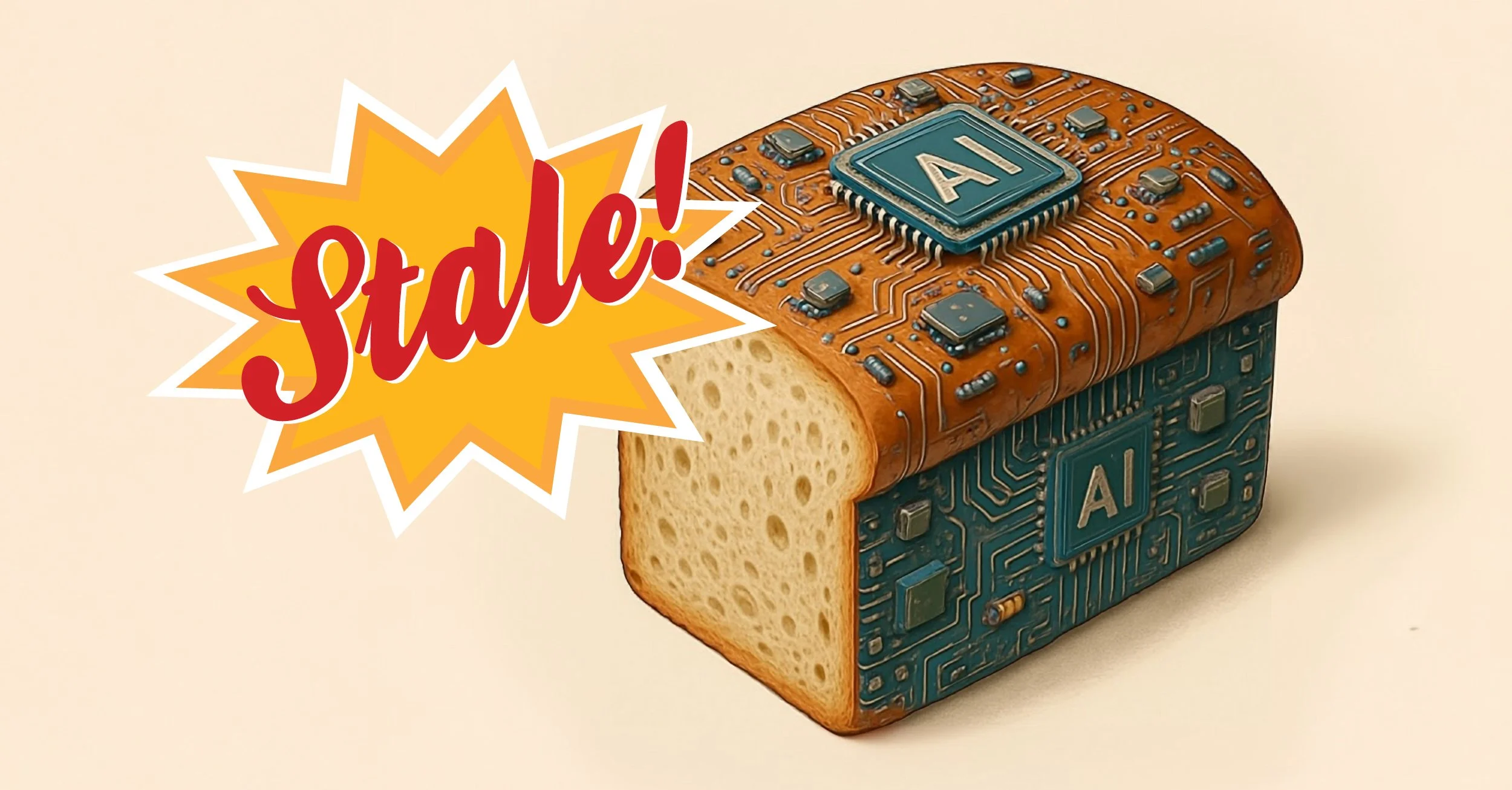The Hack that Out-Writes AI Every Time
August 14, 2025
By: Scott Westcott
I once wrote for an executive who delivered some lovely feedback shortly after reviewing a draft of a speech I’d penned:
“I always appreciate reading your drafts. It illuminates everything I don’t want to say.”
Um, thanks boss.
To her credit, she was quick to say her statement hadn’t come out exactly how she intended. And she emphasized that she truly did value reading through a draft as a means to clarify her own thinking around the best messages to deliver.
I’ve reflected on that magical moment a few times in recent weeks as I’ve experimented with using AI — more specifically, ChatGPT — as a writing tool.
Quite often, I've found AI “illuminates everything I don’t want to say.”
That realization has led to what the cool kids would call an AI hack — an approach that allows you to use AI to create the original, engaging content real humans will want to read.
Employing this hack starts with recognizing how AI sources and drafts articles.
When you prompt AI to write an article, what it delivers is already old news.
Most AI platforms are built to crowd-source public information at lightning speed to spit out article drafts faster than you can brew a cup of coffee. As a result, AI-generated articles are constructed on information and tired insights that have already saturated your target audience.
In other words, most of your readers are already well-versed in your AI-generated content.
And they’re not only bored by the content itself, they’re put off by the impersonal tone and style of its algorithm-inspired copy.
This leads us to the hack.
Because now you know what a decidedly average and already outdated article on your topic looks like, you can focus on delivering fresh insights and key information in ways that advance the conversation or connect with your reader on a deep level.
Your copy can even poke fun at AI’s weaknesses, acknowledging to your audience that they are likely tired of hearing this-or-that, and that your piece is going to explore new territory.
You won’t even have to apologize.

